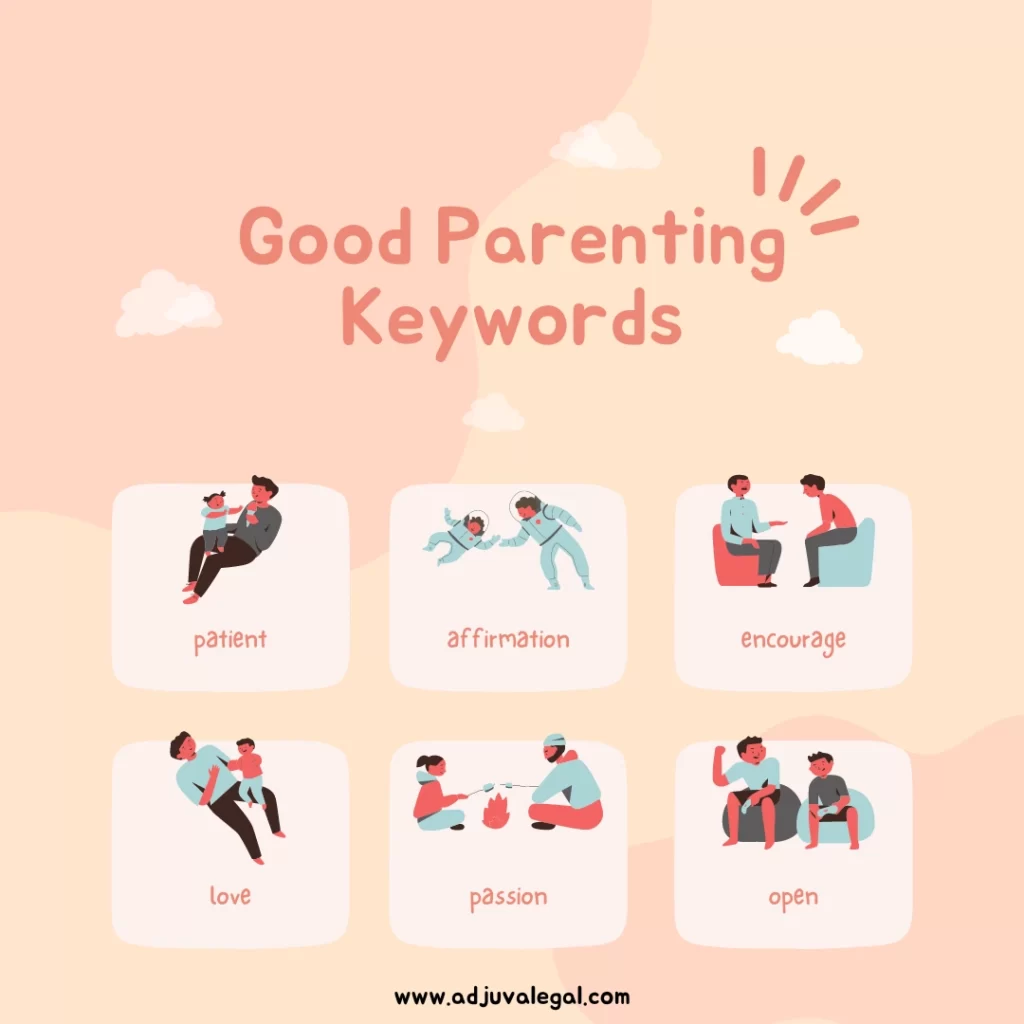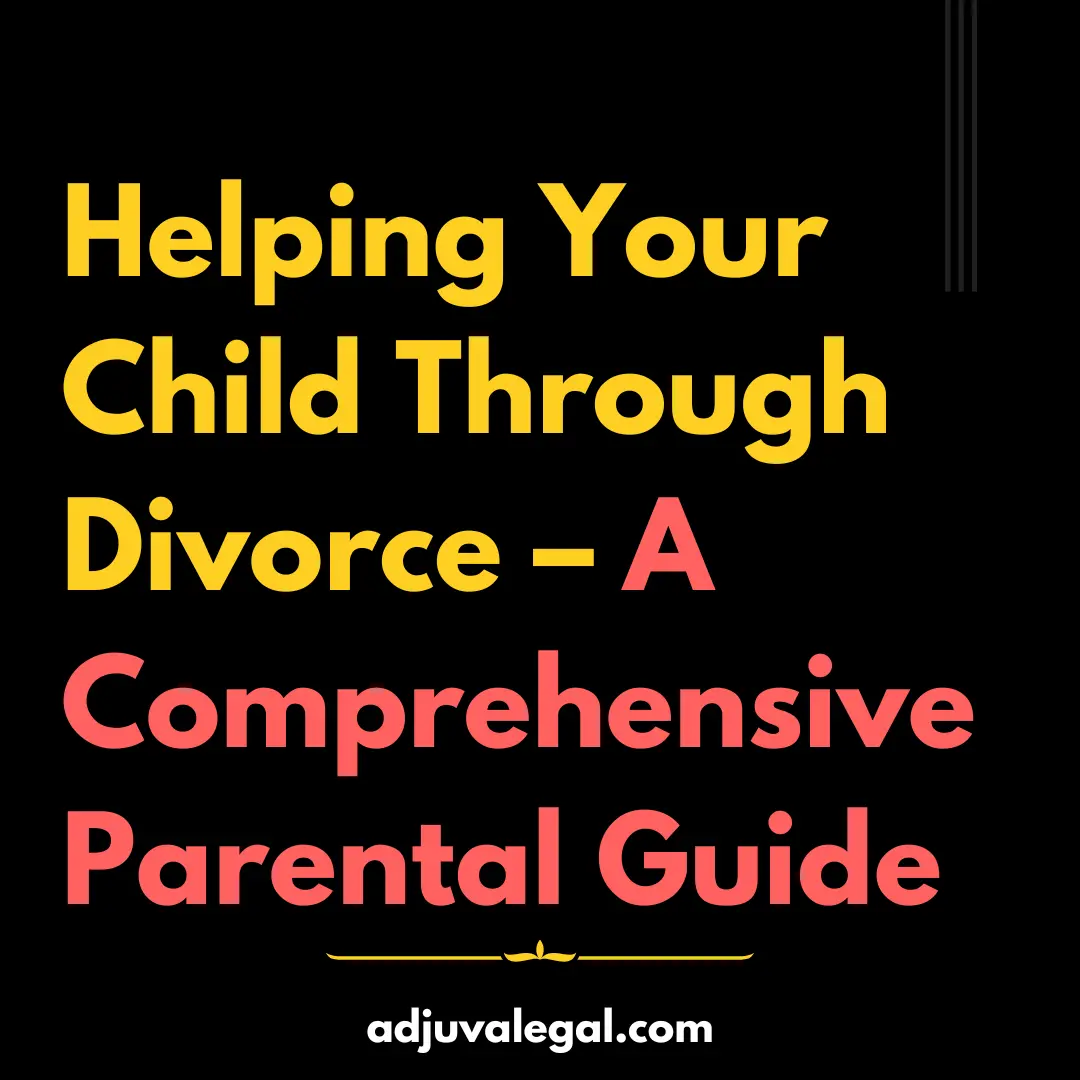Concept of Custody of a Minor Child
Minor is considered a person of tender age who is not able to maintain himself on his own. Maintenance refers to basic education, safety assurance, food, shelter, and other necessities. In the matter of conflict where the custody of a child is in question, the court of law has the power to decide to adhere to the personal laws of the respective religion.
Such contention before the court is presented in case of divorce, judicial separation or if any parent of a child dies and his custody comes into question. In Gaytri Bajaj vs. Jiten, the Bhalla court stated that it determines the living environment, financial stability and future of the child while awarding custody to the applicant. ((12 SCC 471 2012))
In the case of a remarried father with a child with a second wife, the court sidelines the financial inability of the mother and makes her the custodian. Furthermore, it may bind the father to pay for the necessities of the child.
Who is a Minor?
Sec 3 of the Indian Majority Act, 1875 states, that every person domiciled in India shall attain the age of majority upon his completing the age of eighteen years and not before.
Sec 4(a) of the Hindu Minority and Guardian Act, 1956 states, that a minor is a person who has not attained the age of 18 years.

Laws Governing Custody of Child
Custody in Hindu Law
- Hindu Marriage Act, 1955:
The Hindu Guardianship Act, 1956 clearly affirms under section 6 that, the mother is the natural guardian of a minor to the age of 5 years. However, the Hindu Marriage Act, 1955 entrust power to the court to provide interim order or decree as it deems fit in relation to custody of a minor child. The duration stated in the section is a period of 60 days from the date of service of notice on the respondent. It also entrusts power to the court to revoke or suspend any previous order passed in this regard.
Section 26 states: that the court may, from time to time, pass such interim orders and make such provisions in the decree as it may deem just and proper with respect to the custody, maintenance and education of minor children, consistently with their wishes, wherever possible, and may, after the decree, upon application by petition for the purpose, make from time to time, all such orders and provisions with respect to the custody, maintenance and education of such children as might have been made by such decree or interim orders in case the proceeding for obtaining such decree were still pending, and the court may also from time to time revoke, suspend or vary any such orders and provisions previously made.
- Special Marriage Act, 1954:
The aforementioned act had been enforced in the year 1954 which governs the persons whose relationship does not fall under personal law. Inter religion marriages and Intra gender marriages are covered under this enactment. Custody of a child born out of such wedlocks is governed by the act.
Sec 38 of the Special Marriage Act, 1954 provides similar power to district court as given under section 26 of HMA. The District court of competent jurisdiction may pass a decree or interim order as it deems fit to the court and is consistent with the desire and welfare of the child in conflict. It also provides the power to revoke, suspend or vary any previous order. Moreover, the application for maintenance and education of that child must be disposed of within a duration of 60 days from the date of service of notice.
Custody in Muslim Law
Muslim law is the law of the Shariat that also governs the concept of child custody. The Hizanit was coined for the concept of custody of minors in Muslim law. Mother is entitled to custody of a child less than 7 years of age.
The phenomenon of custody in Muslim law is also governed by the Guardianship of Wards Act, 1890. Section 6 asserts that the minor will be governed by adhering to the personal of which he is a subject. Moreover, section 17 of the act states that guardianship of minors must be governed as per personal law. Constructive custody is enshrined under section 25 of the act. ((Tejaswi Pandit, Custody of Children, SCCOnline, 2019)).
Section 2 of the Muslim Personal Law (Shariat) Application Act, 1937 states Muslim personal law shall be applied that in the matter of guardianship.
Custody in Christian Law
Divorce Act, 1869 consists of the law governing custody of a child in a suit of judicial separation. And, it provides that the application for this regard shall be disposed of within a span of 60 days from the date of service of notice on the respondent.
Section 41: In any suit for obtaining a judicial separation the Court may from time to time, before making its decree, make such interim orders, and may make such provision in the decree, as it deems proper with respect to the custody, maintenance and education of the minor children, the marriage of whose parents is the subject of such suit, and may, if it thinks fit, direct proceedings to be taken for placing such children under the protection of the said Court
Conclusion
When it comes to the concept of custody, the court always strives to establish a mid-way while bestowing a verdict. The welfare of the child surpasses all other requisites of the law.
The court may award joint or sole custody depending upon the circumstance of the case. Furthermore, there is also a provision for third-party custody if both biological parents are unable to maintain the child. Nonetheless, Hindu Minority and Guardianship Act, 1956 do not contain any rule for third-party guardianship but the court may award it if the subject is falling under the ambit of third-party custody. However, each enactment is based on the healthy upbringing of the minor child.
by Khushi Shukla
Disclaimer: The opinions expressed within this article are the personal opinions of the author. The facts and opinions appearing in the article do not reflect the views of Adjuva Legal and Adjuva Legal does not assume any responsibility or liability for the same.








